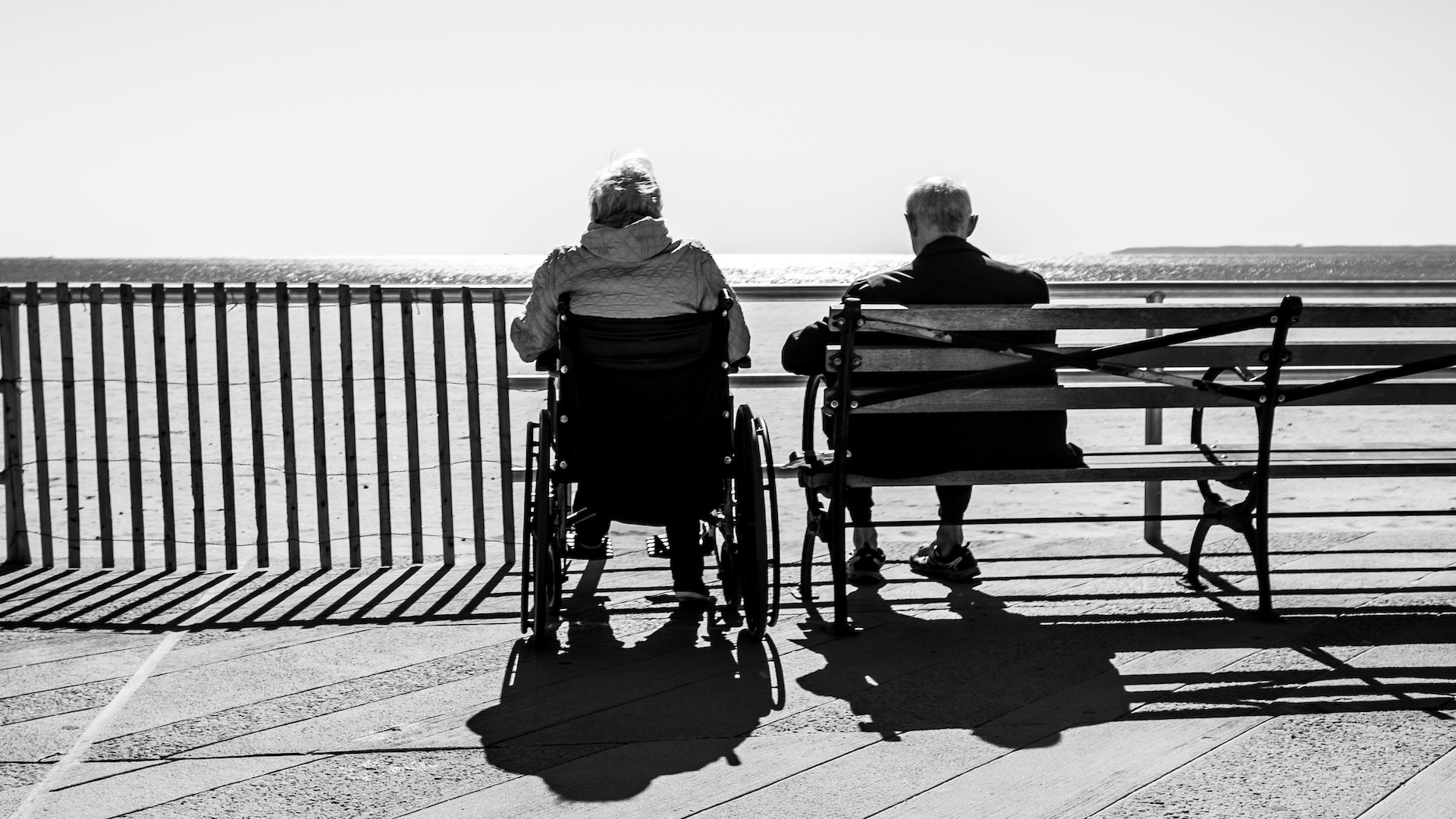But charity Care Rights UK believes one of the most common reasons people are forced out of their care homes is ‘revenge evictions’. Lauren Byrne, policy and campaigns lead, explains that this is where people are “threatened with eviction as a result of raising a complaint, as a sort of retaliation”.
“There are other reasons why you might be evicted from a care home, if it’s closing down due to lack of funding or other issues with the facility, but it’s much more common that people reach out to us for advice about a revenge eviction,” Byrne says.
Revenge evictions are illegal but Byrne explains that they can often be hidden. A person may be framed as a “difficult individual”, for example, which can prove challenging to contest.
Read more:
Big Issue’s Freedom of Information request found that more than 4,000 nursing and residential homes issued ‘notice to quit’ orders to residents between August 2024 and September 2025. The real figure may be higher as this only includes those homes which are required to report to the CQC.
Another common issue Byrne has seen is that people have visits restricted or stopped as a result of raising complaints, which makes it harder for family members and loved ones to advocate for the resident.
Advertising helps fund Big Issue’s mission to end poverty
“We see quite a fierce level of advocacy needed for people who are facing difficult things like revenge evictions. There are an unknown number of people living in residential care that don’t have friends or family or visitors who are able to advocate for them,” Byrne said.
“It becomes a matter of the care provider’s word against the individual’s. There isn’t necessarily a requirement for care providers to log how those decisions have been made or how that person has been identified as problematic. It’s difficult for people to argue that isn’t the case.”
Byrne explains that “finding a suitable care home that meets the specific needs of an individual can be really difficult, especially because it’s such a postcode lottery across the country”.
“It takes a lot of advocacy to get someone the right placement, so it can be really distressing for individuals when they get evicted,” Byrne adds.
Care Rights UK is calling for stronger rights for people living in residential care.
“It is a really difficult legislative environment for them at the moment, because they aren’t really tenants, so they don’t have tenancy rights in the classic sense,” Byrne says. “We would like to see an equality impact assessment when they are threatening to close a home, or any potential evictions on mass are happening, to consider how that would affect people.”
Advertising helps fund Big Issue’s mission to end poverty
Byrne adds that all evictions should be subject to appeal, regardless of how care is arranged or funded, and any threat of eviction should be reported to the regulator.
She advises people to seek legal advice if they are given a ‘notice to quit’ order which they think may have been unfairly given, because people should be protected under Article 8 of the Human Rights Act. This protects people’s right to home, private and family life.
If the local authority arranged the care, people should dispute the eviction through the local authority. However, some people do not have the capacity or support to challenge an eviction, and this is a key worry for campaigners.
The Department for Health and Social Care (DHSC) has been contacted for comment.
Do you have a story to tell or opinions to share about this? Get in touch and tell us more.
Change a vendor’s life this Christmas.
Advertising helps fund Big Issue’s mission to end poverty
Buy from your local Big Issue vendor every week – or support online with a vendor support kit or a subscription – and help people work their way out of poverty with dignity.






